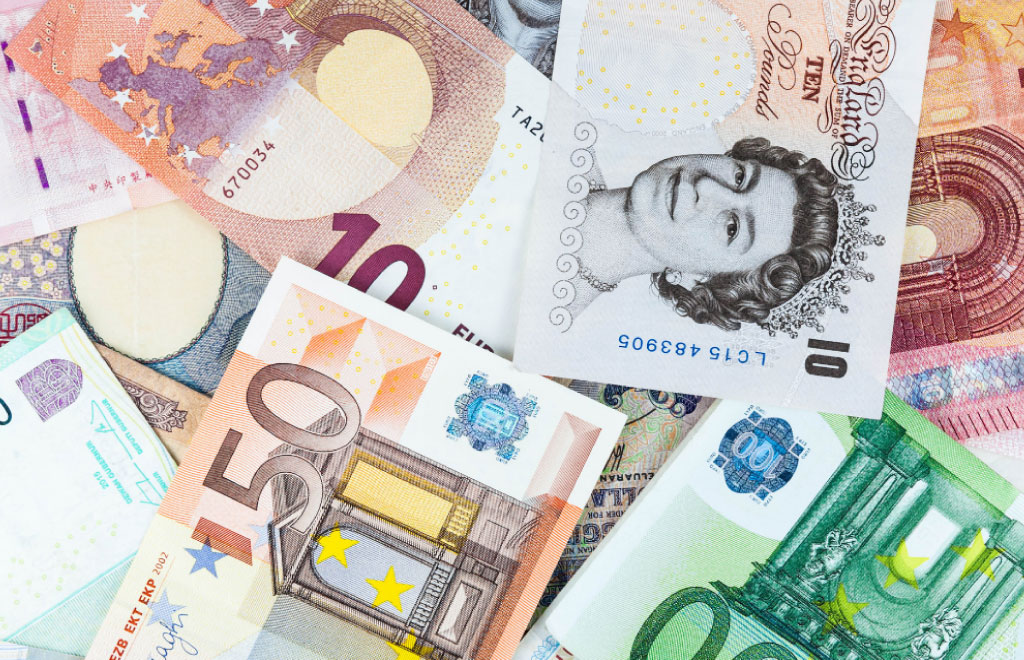The Federal Tax Authority (“FTA”) published Article 69 in April 2018, of Federal Decree-Law no. (8) of 2017 for the clarification of Currency Exchange rate for VAT purposes with effect from 17 May 2018.
When a supply is made in any currency other than AED all taxable persons must use the Central Bank’s published exchange rates for the purposes of converting invoices issued in foreign currencies into the local currency (UAE Dirham) and calculate the VAT liability accordingly.
- For tax invoices prior to 17-May-18, exchange rates from reliable sources can be used.
- The exact exchange rate must be used, i.e. the same number of decimal places, as published.
- These rates are updated Monday to Friday and are based on rates prevailing at 6pm UAE time each day
- In instances where specific markets are closed due to local holiday, then the relevant rate to be used for VAT purposes will be the prevailing rate of the previous day at 6pm.
- Rates can be reliably sourced from Thomson Reuters and UAE Central Bank.
- The customs department shall convert the value to AED for the purpose of Import declaration, and automatically populate it in Box 6 of the VAT return.
- When the exchange rate used by the customs department is different from those published by the Central Bank, the former can be used, for declaring the VAT due on imports.
Your next step:
Businesses should consider the implications of this update on their transactions involving foreign currency to ensure that the correct amount of input VAT is being recovered, and furthermore understand the impact on their business operations and continuously ensure that the correct VAT treatment is being applied to its transactions.
Our role:
Affiniax Partners can assist you to assess the impact of this update and advise you on the recoverability of input VAT and VAT treatment of transactions involving foreign currency.


